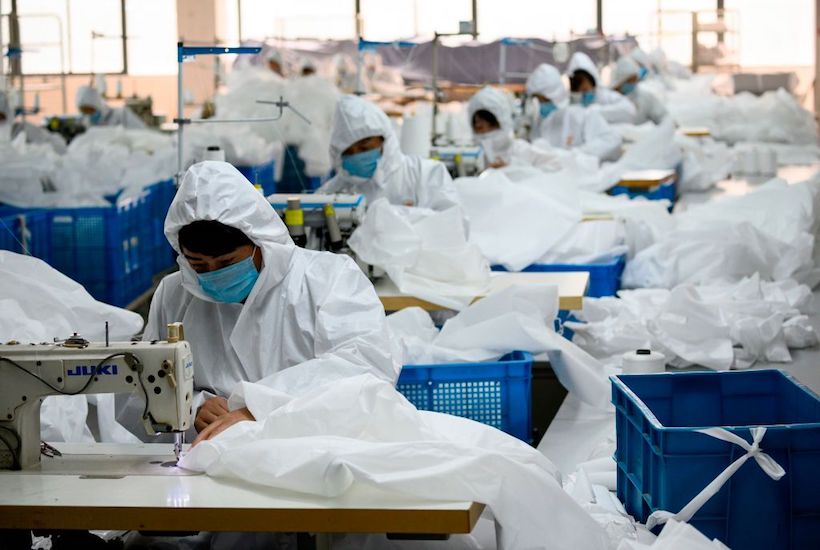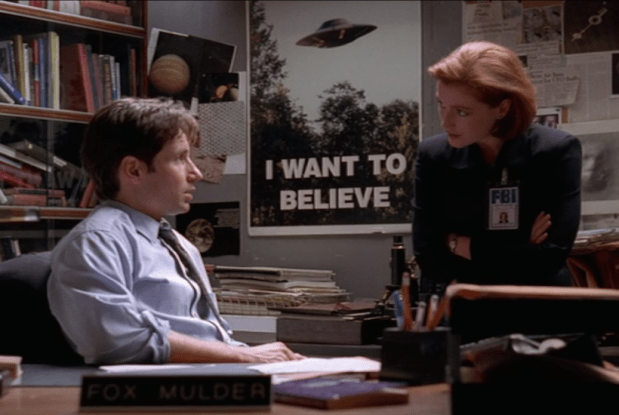What has the coronavirus virus wrought? In some ways it is a perfect weapon: it doesn’t kill that many people in a greater scheme of things but it terrorises whole societies and it wreaks massive economic havoc and leaves a tornado-like trail of destruction through our interconnected world.
It is quite possible that Coronavirus has been originally developed in the Wuhan bio-warfare lab. It is also possible that by letting it somehow escape, China has unleashed its own globalisation-killer on itself first instead of potential future enemies. But all our economies are now so intertwined that it doesn’t necessarily take a pandemic for China to sneeze and the rest of the world to catch cold, metaphorically speaking. But if China really sneezes… The cough of a man in Guangzhou kills tourism in Italy, paralyses Iranian politics and causes toilet paper to disappear from Australian shops. It’s the viral butterfly effect. And we haven’t seen the worst of it yet.
Should the pandemic spread and grow internationally, including across the developed Western countries, we might see a near complete social and economic paralysis as health systems struggle to cope with casualties and tens if not hundreds of millions self-quarantine. Life will come to a standstill – factories close their doors, shops shut down, everything from education to transport system more or less comes to a halt. Economies will crash, if only temporarily, not just because the workers are either sick or at home and so are the customers, but because the global supply chains have been cut. Let’s call it Communovirus. We have not experienced anything like it before.
Whether or not this ultimate nightmare scenario comes to pass, the events so far have already given us enough food for thought and, I trust, in due course action.
Stories like this offer the starkest examples:
More than 460 medicines, vaccines and other pharmaceutical products are already unavailable or in short supply in Australia even before fallout from the Covid-19 impacts global medicine supplies.
With chemists and the Federal Government warning the public not to panic buy medicines, the coronavirus has exposed the world’s and Australia’s dangerous reliance on India and China for life saving cheap medicines.
Panic buying has seen paracetamol and cold and flu remedies stripped from shelves as people also try to get bulk supplies of prescription medicine.
Paracetamol is the main medicine used to treat the fever and pain symptoms of coronavirus.
Over the past 40 years, China (and to a lesser degree other South and East Asian countries) has become the workshop of the world, providing an ever-greater range of cheaper goods at an increasingly – mostly – good (or good enough) quality for consumers from Benin to the United States; anything from paper serviettes and plastic toys to smartphones and generic drugs. The production capacity and the price advantage has hooked us all on “Made in China”, even as it progressively stripped away our own traditional domestic capabilities to be self-sustaining. We have become dependent – too dependent.
Unlike Donald Trump and the growing legions of populists and nationalists worldwide, I believe that the process of globalisation and the practice of free trade have been an overall boon for the standards of living, whether we’re talking about the West, China or most of the rest of the developing world. It’s not to say that the costs have not sometimes been high – and certainly not evenly spread. The West’s manufacturing decline instantly springs to mind. Hundreds of millions can now buy ridiculously cheap jeans and t-shirts, but millions have had to cope, often unsuccessfully, with a post-industrial life of less well paid and less secure jobs, if any at all.
But even as a fan of globalisation and free trade (though not necessarily all its aspects and certainly not all of its proponents and advocates), it’s clear for me that the resulting economic system, while great while the going is good, is actually more fragile when an albeit rare calamity strikes.
We are all too reliant on China. And China at best is an uneasy partner; it’s very far from a friend and an ally. But even if it was, or if the reliance was instead as extensive on, for example, the United States or the United Kingdom, the consequences would not necessarily be any better.
While taking advantage of China’s competitive advantage in producing so many goods we need and want makes economic sense – and conversely, trying to produce these same goods domestically at a far higher price due to much higher local inputs makes little economic sense – there are times, such as those of conflict, pandemic or widespread natural disaster – where economic considerations cease to occupy the primary position in any equation. It is no longer important that China produces cheaper drugs if it cannot actually produce them, or it cannot ship them overseas or is unwilling to do so (not necessarily out of malice, but because of an overwhelming domestic need, such as we’re seeing, for example, with face masks).
What the world needs is a limited, but scaleable, duplicated capacity for essential products, as well possibly some less essential ones. It matters less where that duplicated capacity resides as long as resides somewhere else. Medicines, telecommunications, mechanical components – these and other important goods need to be obtainable from other sources in cases of emergency, such as the one we are living through now. This is a manufacturing equivalent of a strategic reserve that many countries hold, for example of oil. It’s about hedging risks and insuring ourselves from a full economic contagion.
The United States, particularly under the influence of Trump’s America First philosophy (for the lack of a better word), should and likely will be the leader of that effort, but the European Union, the United Kingdom, Canada, Australia, Japan and South Korea all have important roles to play.
Coronavirus is a wake-up call. Communovirus is the end game.
Arthur Chrenkoff blogs at The Daily Chrenk, where a version of this piece also appears.
Got something to add? Join the discussion and comment below.
Got something to add? Join the discussion and comment below.
Get 10 issues for just $10
Subscribe to The Spectator Australia today for the next 10 magazine issues, plus full online access, for just $10.


























Comments
Don't miss out
Join the conversation with other Spectator Australia readers. Subscribe to leave a comment.
SUBSCRIBEAlready a subscriber? Log in